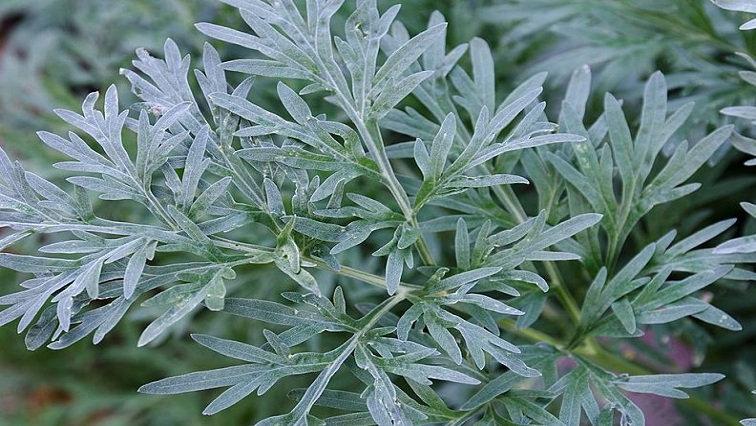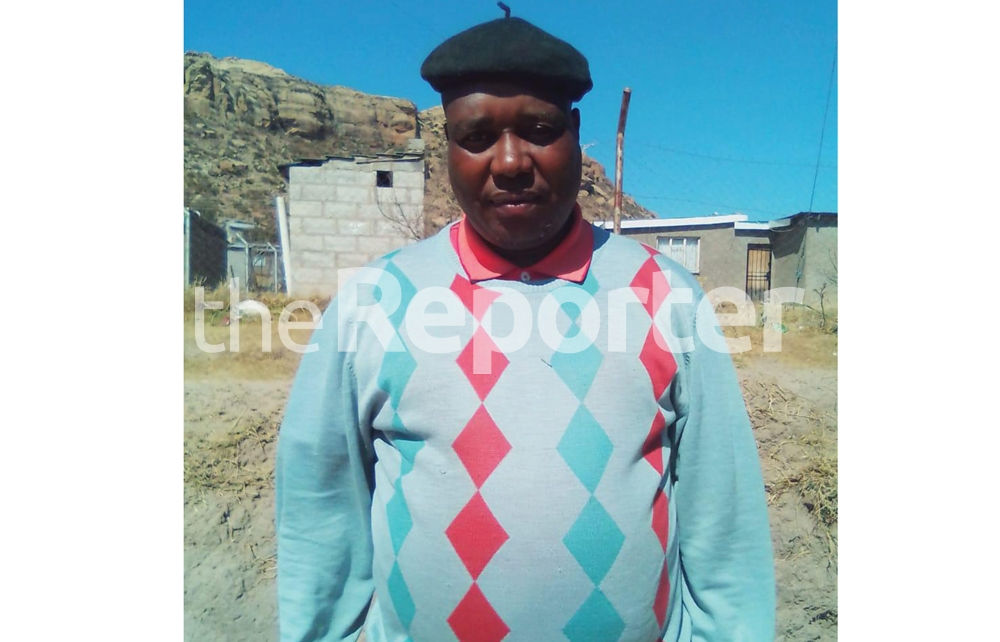By Neo Kolane
Local scientists have added their voice to the danger of unregulated intake of medicinal herbs, following reports that Basotho mine workers got admitted to a hospital in South Africa with complications arising from the overdose of the wild wormwood (lengana).
A South African medical practitioner based in Carltonville, Dr. Nkareng Maepa, revealed that the workers are sick, and they have diabetes, high blood, and some have damaged livers while others have swollen brains.
“This is all due to the intake of mixture of artemisia regardless of the dosage. Everything that is taken in large amounts is bad to the body.
“The patients were given pills but the wild wormwood was stronger than the pills, so we decided to put the patients in our prayers.
“The issue is that people who sell wild wormwood are unable to tell the sick the amount of medication to take. And lastly, wild wormwood has not been approved as a cure for Covid-19”, Maepa stated.
Professor Mosotho George, who is part of the NUL Innovation Hub scientists searching for a Covid-19 treatment, concurred that anything taken in huge doses can be dangerous, especially if patient has certain medical conditions.
He said they have been trying to make people who sell medicine aware of the toxicity of certain medications if not taken in the right dosage, and ingredients need to be tested for safety.
Professor George reiterated the likelihood of the mineworkers having taking other medications on the side, which does not complement the wild wormwood.
In a meeting between the NUL Innovation Hub scientists and the now defunct National Emergency Command Centre (NECC) on May 20, plant biology scholar Dr Lerato Seleteng-Kose warned that some medicinal plants have not been screened to validate their therapeutic potential and safety.
She also emphasized that the challenge with traditional medicine is that the production of herbal mixtures is not regulated, and there is no scientific basis for dosages.
Dr Seleteng, however, acknowledged that Basotho have indeed been using traditional medicine since time immemorial. “The country has about 2,076 recorded plant species, 437 of these plants are used in traditional medicine and 89 of these plants are recorded for treatment of respiratory tract ailments like colds, fever, coughs, sore throats, pneumonia, asthma and tuberculosis which are opportunistic ailments associated with Covid-19.
“About 1.2 million children aged five or younger in 118 countries (low and middle-income) are at a risk of dying from preventable causes not Covid-19.”
She added that doctors have reported a flurry of stroke in younger Covid-19 patients. The cases add to the evidence that the coronavirus attacks not just the lungs but also the kidneys, brain, heart and liver, inciting a life-threatening inflammatory syndrome.









